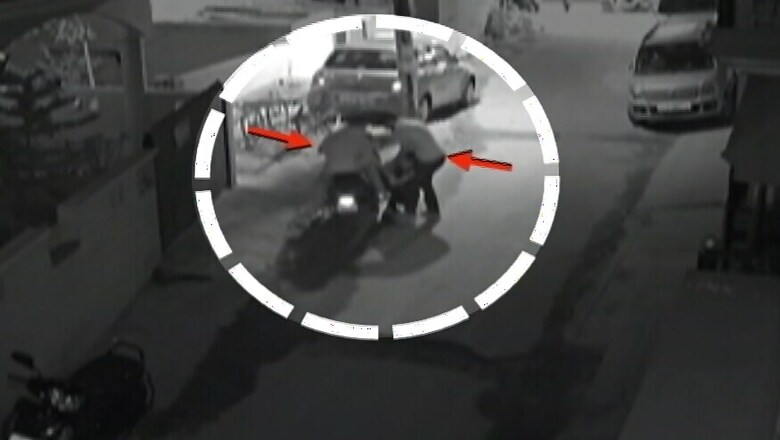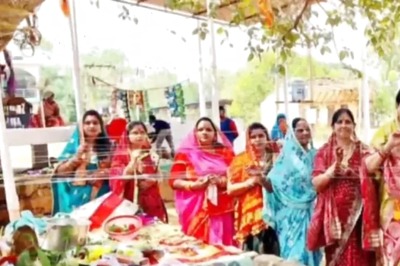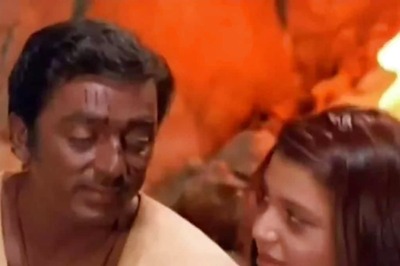
views
New Delhi: We’ve been here before — too many times to keep count. Each time the faces change, the names of the perpetrators change, the location shifts — the narrative doesn’t.
Women attacked, molested, assaulted, raped. Women degraded, reminded that their place is at home, preferably with a burqa over their heads at all times.
After the initial outrage, there are calls for stricter laws and almost simultaneously (like a rite of passage) the victim blaming and shaming begins. From what she was wearing, to why she was out so late to laments of these ‘modern, promiscuous girls’ — the shame is always the woman’s. This time around Samajwadi Party leader Abu Azmi and Karnataka Home Minister G Parameshwar led that brigade by nonchalantly dismissing the horror of that night as “women provoking men by wearing short dresses” and with an off-the-cuff “these things always happen”.
As tragic as it sounds, the problem isn’t these two men. What they said was simply putting a voice to thoughts that all those men who assaulted those women had.
A recent survey by ActionAid UK found that 84% of Indian women polled have experienced harassment in public spaces — that’s four in five women. Almost all of these women, the survey says, were aged between 25 and 35 years and were working women or students. A third of these women had been groped in public or faced someone exposing themselves.
There were 1,500 police officers stationed on the streets of Bengaluru that night. They claim they were outnumbered and that they did their best to help the women. Forget going slow on the probe and not filing an FIR with any sense of immediacy — the police officers and their complicity in the act is much more grave. Why did they not arrest those men immediately? Before they began harassing women, emboldened by the silence of the cops, weren’t these inebriated men already a public nuisance? The cops are guilty of tacitly encouraging the crime.
Noted feminist V Geetha postulates that there is possibly an element of class envy at play here. "For these male, uniformed police officers, there is a sense of resentment. These women have access to services, a lifestyle that they cannot enjoy and this is when this hostility comes out in terms of gendered violence. The cop knows he can’t take on a man from the same class as these women, so the woman then becomes an easy target."
“The cult of masculinity is to blame. The police didn’t have the instinct to pursue these molesters, they didn’t want to deter these men,” former Uttar Pradesh DGP Vikram Singh told CNN-News18.
Another former top cop said on condition of anonymity that “from the highest police officer to a constable, the attitude is — why was the woman out at that time? If she had stayed at home, none of this would have happened.”




















Comments
0 comment